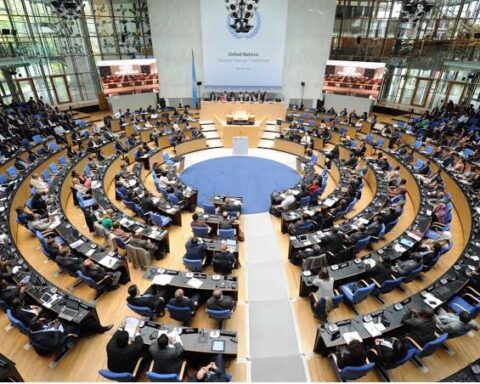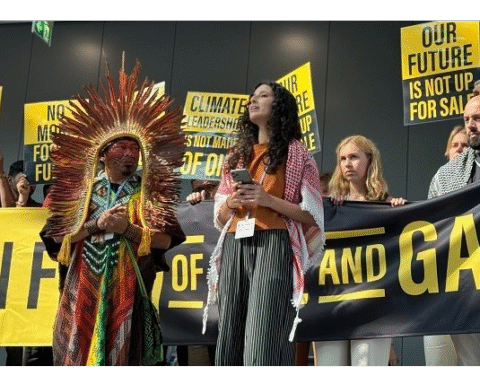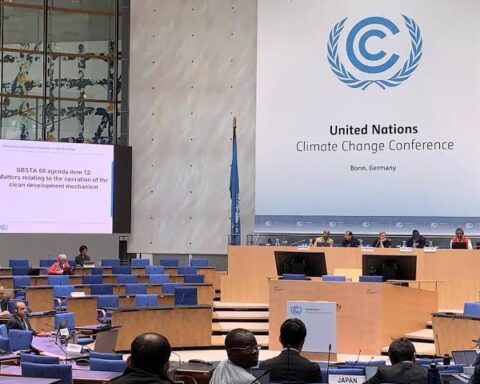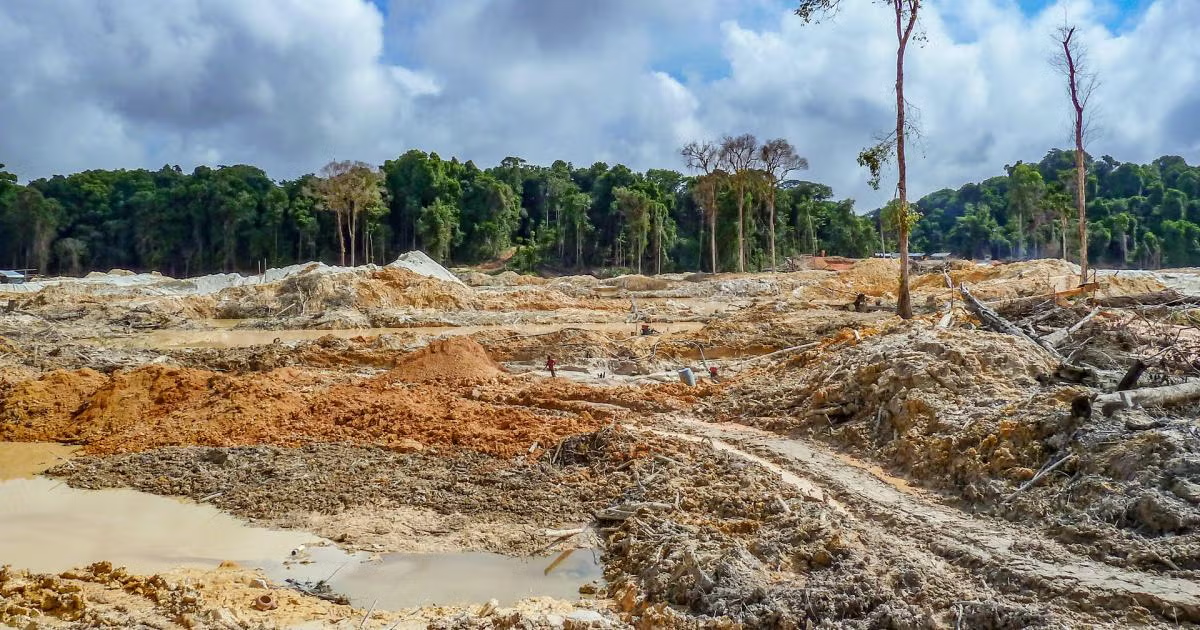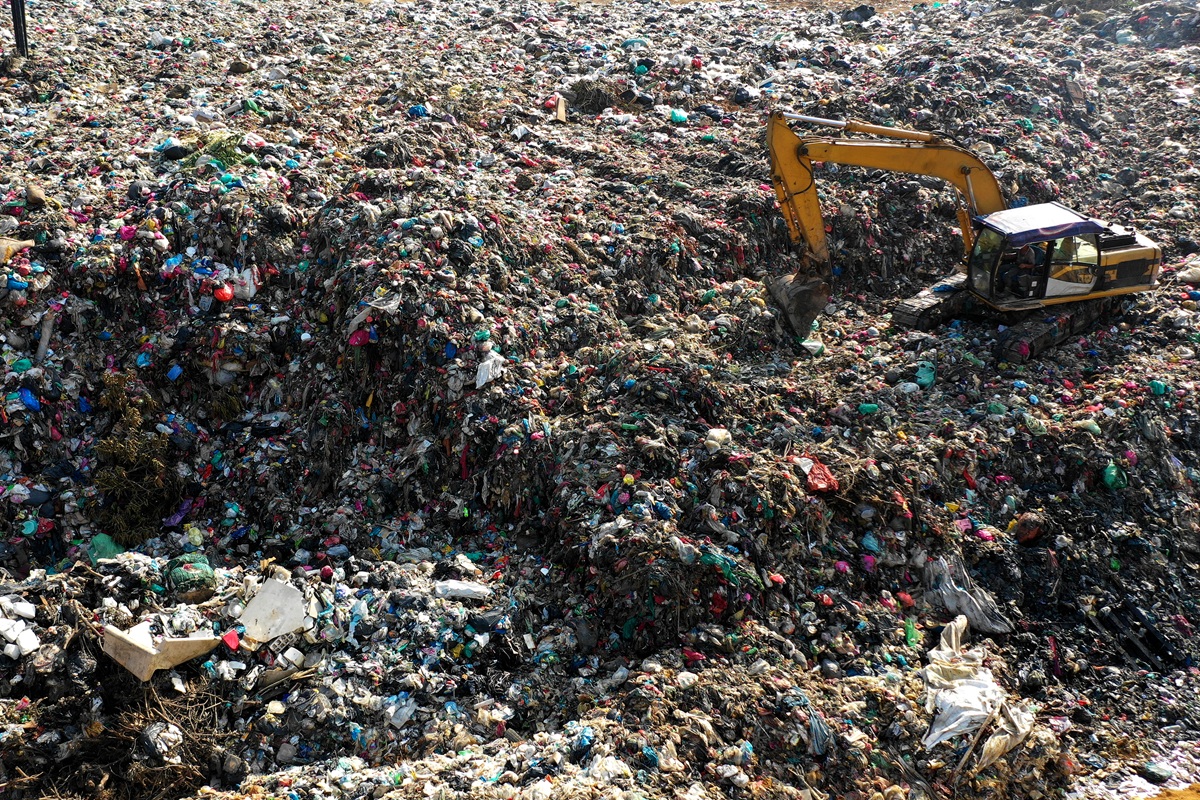A lack of urgency to address the escalating climate crisis has marred the Bonn Climate Change Conference, leaving much work to be done to deliver real progress on climate and biodiversity action at COP30 in Brazil.
With just five months to go before COP30 in Belém, Brazil, observers warn that critical progress on mitigation, climate finance, and forest protection remains elusive.
Talks stalled on key issues such as the roadmap from Baku to Belém, which aims to mobilise up to $1.3 trillion for developing countries.
Negotiators also failed to find consensus on the urgent need to transition away from fossil fuels in the upcoming 2035 Nationally Determined Contributions (NDCs), raising fears over the credibility of global commitments to the Paris Agreement.
“There’s been far too much procrastination in Bonn and too little decision-making,” said An Lambrechts, Biodiversity Policy Expert at Greenpeace International.
“Efforts to end deforestation and protect ecosystems are essential to achieving the 1.5°C climate goal. If there is to be a meaningful outcome at COP30, governments must act decisively now.”
While the conference hinted at potential synergy between climate and biodiversity action, the lack of concrete steps has raised concerns among civil society and environmental campaigners.
The failure to agree on a plan to halt deforestation by 2030 could undermine any hope for transformative forest outcomes at COP30.
Greenpeace France’s Climate and Fossil Fuels Campaigner, Lorelei Limousin, pointed to weakening ambition within the European Union, especially from France.
“The 1.5°C goal is getting harder every day. Macron’s push to dilute EU targets is sabotaging the Paris Agreement in its 10th anniversary year,” she said.
Limousin emphasized the need for stronger EU leadership and called on the Global North to unlock public climate finance.
“A clear solution is to make fossil fuel producers pay for the destruction their products cause,” she added.
As the host nation of COP30, Brazil faces a critical moment. Camila Jardim, International Politics Specialist at Greenpeace Brazil, said the country can lead a bold agenda to halt deforestation and restore global trust in multilateralism.
“2035 NDCs and bridging the ambition gap are the make-or-break issues for COP30.
In Bonn, we saw a disturbing stalemate on emissions and finance. Developed countries are dodging responsibility. This must change – the world cannot afford further delays,” Jardim said.
With climate impacts worsening and time running out, the path to a successful COP30 demands renewed political will, bold climate financing solutions, and a firm global commitment to end fossil fuel dependency and ecosystem destruction.
By Dare Akogun




